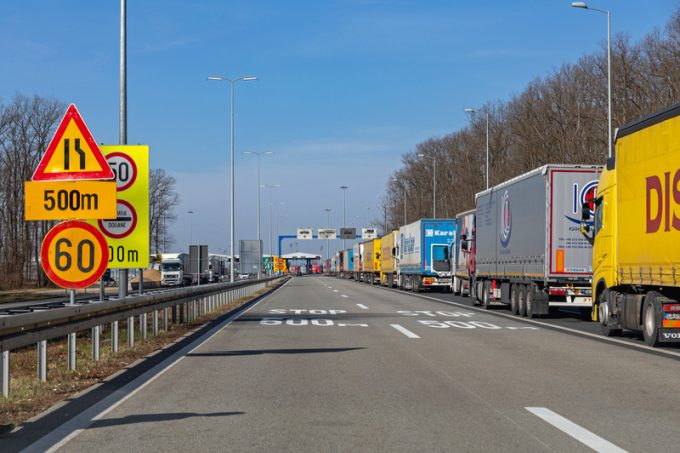European port congestion easing – for now
Port congestion across North Europe’s key hubs appears to be abating – although the relief ...

Further details of the delayed implementation of elements of the EU Import Control System 2 (ICS2) have begun filtering out.
Correspondence provided by cloud-based compliance software provider Trade Tech, seen by The Loadstar indicates that, rather than firm dates, the EC had originally set an “at ...
CMA CGM South Korean staff strike over bonuses after bumper 2024 profit
MSC switches two more Asia-Europe port calls from congested Antwerp
Ports and supply chain operators weigh in on funding for CPB
Nightmare for Bangladeshi exporters as congestion and tariffs bite
Carriers introduce surcharges as congestion builds at African ports
Box ship overcapacity threat from carrier appetite for new tonnage
CMA airline returns two freighters, while ANA takeover of NCA looms
Tradelanes: Export boom in Indian sub-continent triggers rise in airfreight rates

Comment on this article